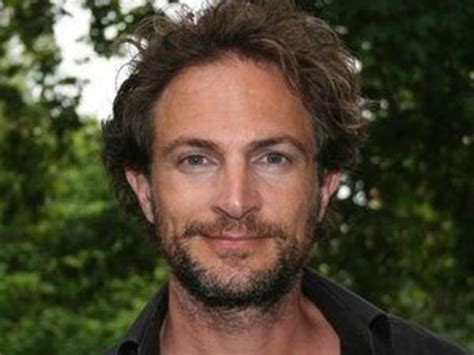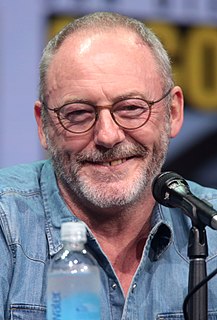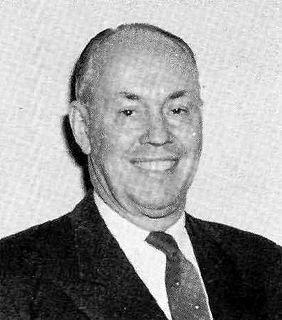A Quote by Neil Gaiman
Stories you read when you're the right age never quite leave you. You may forget who wrote them or what the story was called. Sometimes you'll forget precisely what happened, but if a story touches you it will stay with you, haunting the places in your mind that you rarely ever visit.
Related Quotes
Experimental novels are sometimes terribly clever and very seldom read. But the story that appeals to the child sitting on your knee is the one that satisfies the curiosity we all have about what happened then, and then, and then. This is the final restriction put on the technique of telling a story. A basic thing called story is built into the human condition. It's what we are; it's something to which we react.
For instance, I'm in Beverly Hills right now at a hotel. I told myself, "Man, it's so beautiful out here. If I ever moved to L.A., I would probably want to buy a house in Beverly Hills." The thing is, once I leave Beverly Hills, [I realize] there's no bodegas in Beverly Hills. Once I leave L.A. and go back to Miami or if I go visit New York, it's like, "Oh man, there's the bodega." What I'm saying is that you can't forget the reality. Sometimes people take success and forget about reality.
I'll give you the sole secret of short-story writing, and here it is: Rule 1. Write stories that please yourself. There is no rule 2. The technical points you can get from Bliss Perry. If you can't write a story that pleases yourself, you will never please the public. But in writing the story forget the public.

































